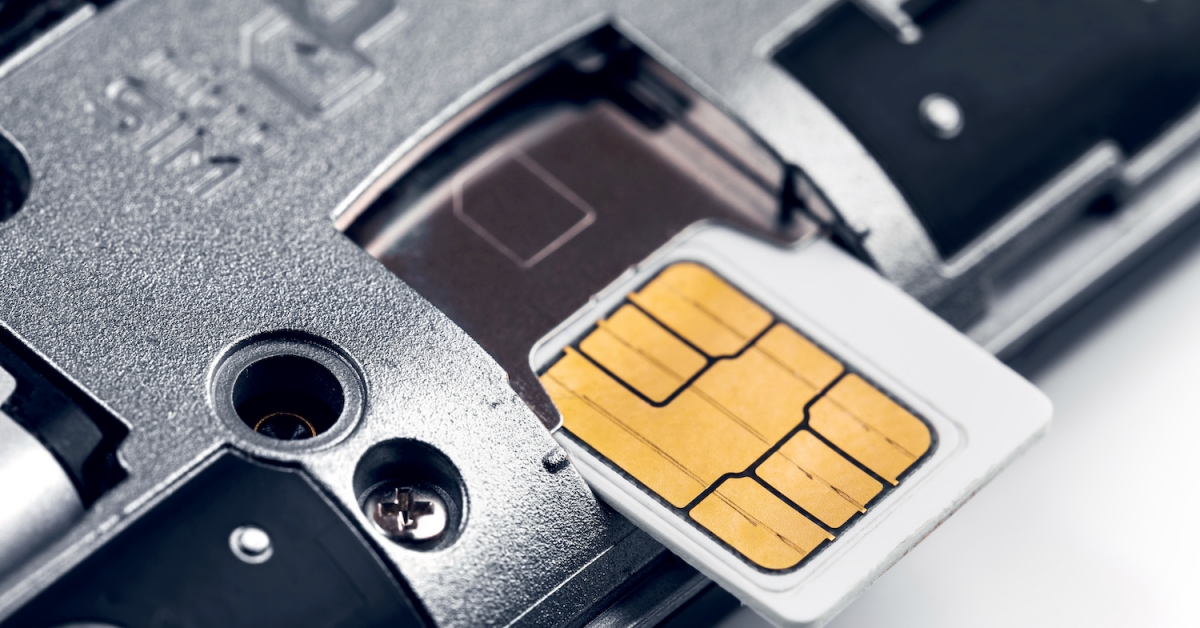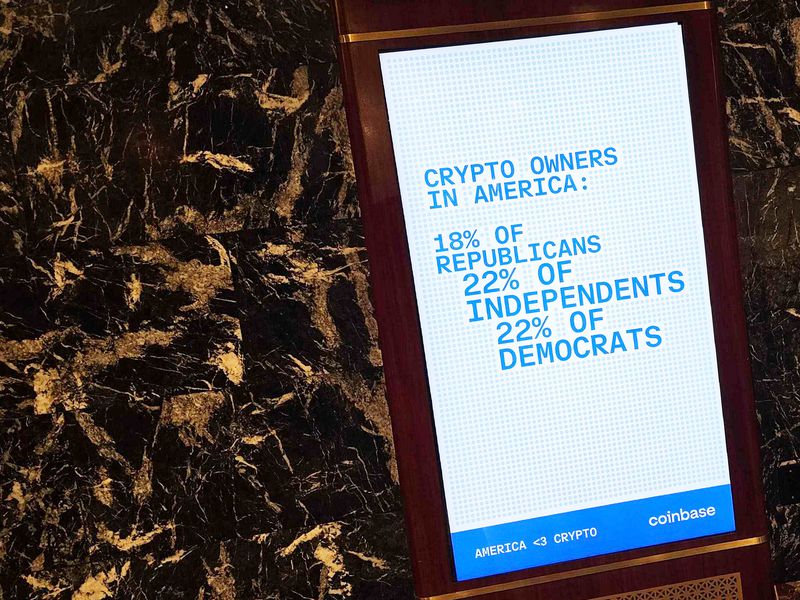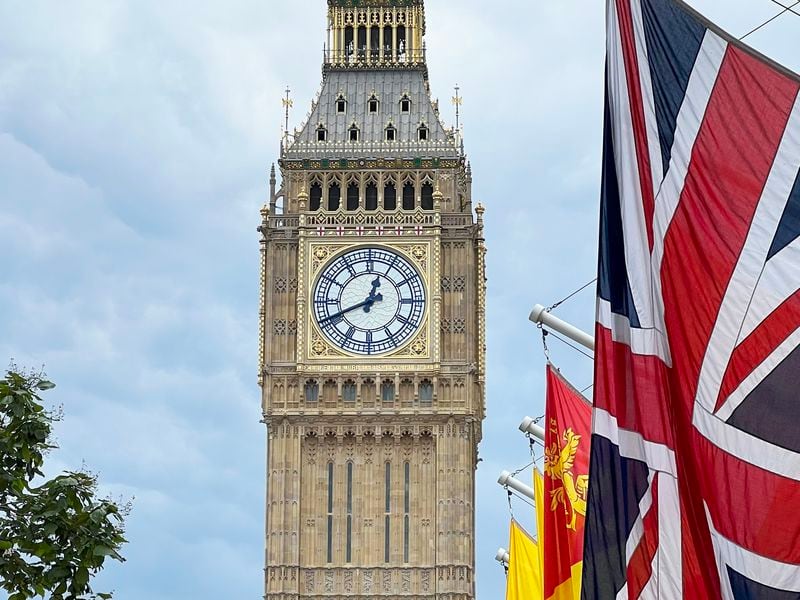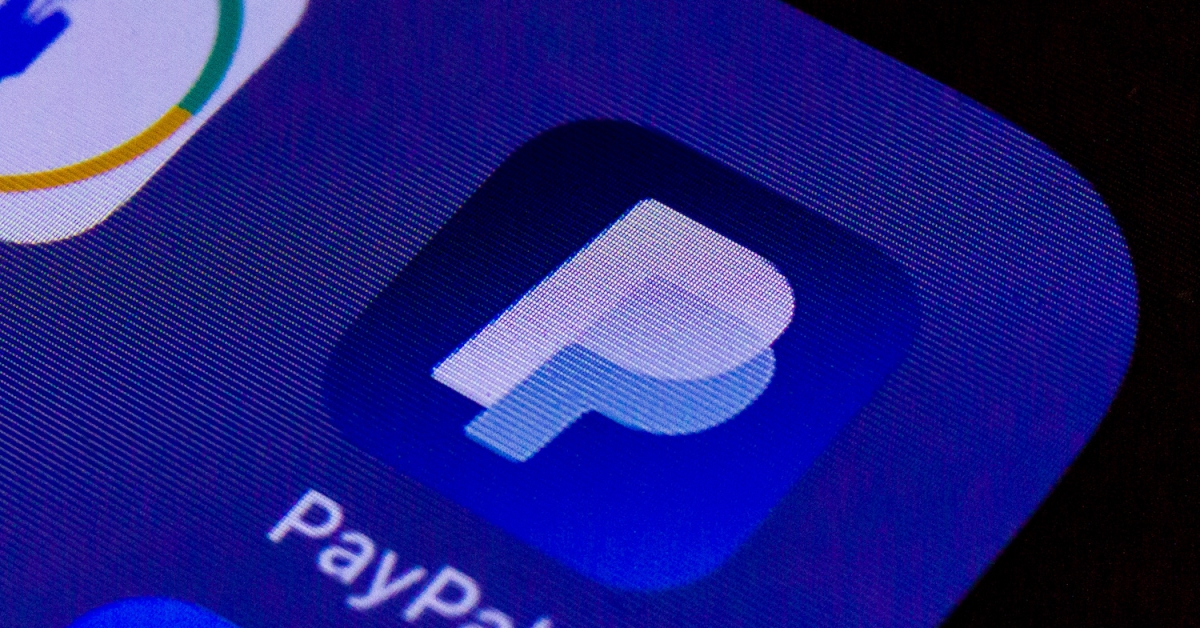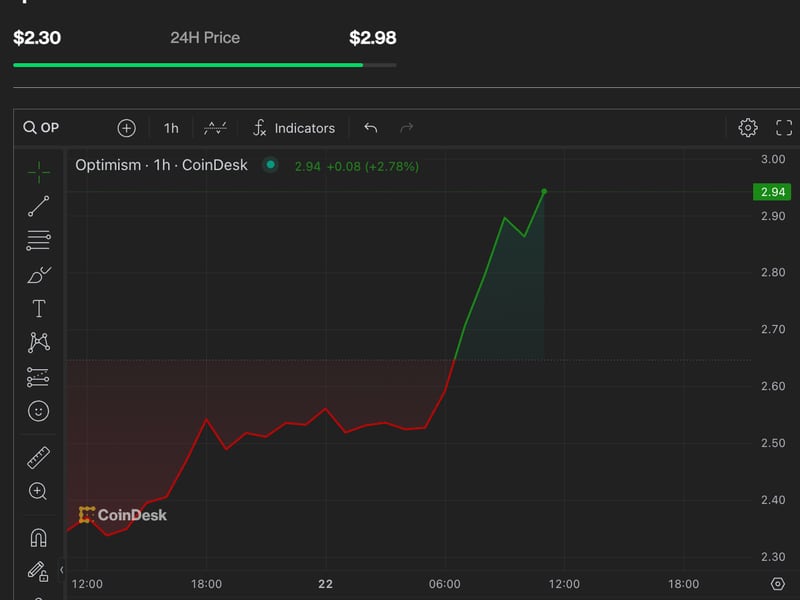Who Really Benefits From CBDCs? It’s Not the Public
It’s hard to imagine why anyone would be in favor of a central bank digital currency, or CBDC. The benefits are few and far between but the risks of abuse are severe.
While CBDC boosters may profit from advocacy or working to secure CBDC design contracts with governments, it is governments that are likely to see the lion’s share of potential CBDC benefits.
Nicholas Anthony is a policy analyst in the Cato Institute’s Center for Monetary and Financial Alternatives. Norbert J. Michel is vice president and director of the CMFA.
Even longtime supporters of central banking recognize that CBDCs would offer no unique benefits to the general public. “I keep asking anybody … to explain to me what problem [CBDCs are] solving,” said Neel Kashkari, president of the Federal Reserve Bank of Minneapolis. “And all I get is a bunch of hand-waving.”
As we have explained at length in a new policy paper for the Cato Institute, a libertarian think-tank, CBDC proponents have been quick to list many potential benefits – but these benefits largely fail under any amount of scrutiny.
Consider just one of the arguments: that a CBDC will improve financial inclusion. According to surveys by the Federal Deposit Insurance Corporation (FDIC), people most commonly lack bank accounts because they either do not have enough money to meet minimum requirements, want to preserve their privacy or do not trust banks. A CBDC is unlikely to help with any of these issues.
Let’s start with trust. A CBDC might sound like an attractive alternative for people that don’t trust the banks, but there’s a problem: People don’t trust the government either. Pew Research has found public trust in the U.S. government is at historic lows. Scratch that off the list, then.
What about privacy? Banks do ask a long list of questions and make customers jump through several hoops. But it would be a mistake to think a CBDC is a solution when much of this information is collected because the government has deputized banks as law enforcement investigators under the 1970 Bank Secrecy Act regime. Although privacy enhancing technology is available, central bankers from the Federal Reserve to the European Central bank have already said anonymity is off the table. In other words, a CBDC may very well be the capstone in the Bank Secrecy Act regime.
That just leaves the minimum balance requirements to consider. Set aside that income levels are a broader economic problem and assume that a CBDC is subsidized so that there are zero minimum requirements and even zero fees. That might fix the cost barrier at first glance, but it brings forth a larger problem that has been looming in the background this whole time: money and finance are not one in the same.
A no-fee CBDC account might let someone holding cash to then convert it in order to transact digitally, but a person is no more integrated into the financial system than if they were simply given a prepaid card. And giving them a prepaid card is something that can be done today. Better yet, it does not require reinventing the money in everyone’s pockets.
It only takes a small amount of scrutiny to see how problems plague other purported use cases. Put simply, CBDCs are ill suited to help financial inclusion, too late to improve payments, unlikely to advance monetary policy and simply no solution for maintaining the dollar’s world reserve currency status.
CBDC support (or lack thereof)
So why would people be for CBDCs? Most people who know about CBDCs are not for them. Yet government officials, CBDC advocacy groups and government contractors are another matter.
Unfortunately, it seems governments recognize that CBDCs are one of the best tools for solidifying their control over money and payments. It was only just recently that a former adviser to President Biden testified before Congress that a CBDC would be the “single best step” to crowd out cryptocurrencies.
European Central Bank President Christine Lagarde even said that if central banks do not push forward with CBDCs amidst the rise of cryptocurrencies then they risk losing their control over money and payments. The Central Bank of Indonesia has said much of the same.
Government officials are not alone in thinking like this. An entire industry of private sector players has emerged in hopes of profiting from CBDC development. From advocating CBDC research to developing CBDC technology, many have recognized that there is a huge profit opportunity on the table. In fact, at a time when the Securities and Exchange Commission (SEC) has declared war on cryptocurrencies, it shouldn’t be a surprise that some are shifting the application of cryptocurrency technology to CBDCs.
Government officials and their cronies may stand to benefit from the rise of CBDCs, but the potential for abuse is likely to leave everyone else paying for it. It’s for this reason that Congress should prohibit both the Federal Reserve and the Treasury from moving forward with any form of CBDC. Fortunately, that just may happen. Representative Tom Emmer (R-Minn.), Senator Mike Lee (R-Utah), and Senator Ted Cruz (R-Texas) have all introduced legislation to ban a government CBDC. Even state officials, like Florida Governor Ron DeSantis, have taken notice.
If efforts like these are successful, it may just be that the public does not end up paying the price for a CBDC.
Learn more about Consensus 2023, CoinDesk’s longest-running and most influential event that brings together all sides of crypto, blockchain and Web3. Head to consensus.coindesk.com to register and buy your pass now.

DISCLOSURE
Please note that our
privacy policy,
terms of use,
cookies,
and
do not sell my personal information
has been updated
.
The leader in news and information on cryptocurrency, digital assets and the future of money, CoinDesk is a media outlet that strives for the highest journalistic standards and abides by a
strict set of editorial policies.
CoinDesk is an independent operating subsidiary of
Digital Currency Group,
which invests in
cryptocurrencies
and blockchain
startups.
As part of their compensation, certain CoinDesk employees, including editorial employees, may receive exposure to DCG equity in the form of
stock appreciation rights,
which vest over a multi-year period. CoinDesk journalists are not allowed to purchase stock outright in DCG
.
:format(jpg)/s3.amazonaws.com/arc-authors/coindesk/4567d711-971e-400c-9244-cbdba9eaa9d4.png)
Nicholas Anthony is a policy analyst in the Cato Institute’s Center for Monetary and Financial Alternatives.

